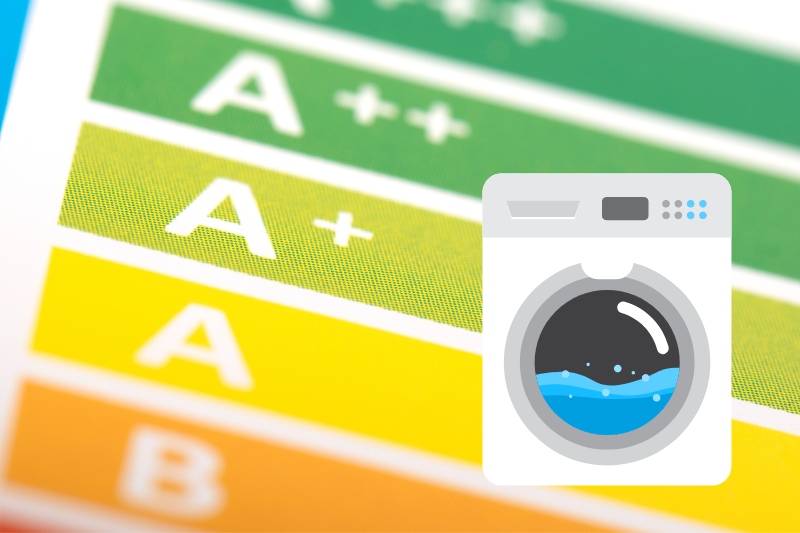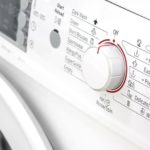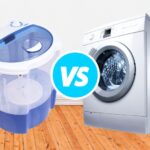Buying a washing machine can involve more thought than you might expect. One thing that’s become pretty important for all appliances is energy ratings.
You’re likely familiar with the energy rating chart, but what does it actually mean?
In this article, we’ll look at the difference between A and B energy rating washing machine numbers.
Hopefully, we’ll be able to clarify things so you’re more informed when buying your next appliance.
The Difference Between A and B Energy Ratings on Washing Machines
As you might already know, the energy rating scale runs from A to G.
A is the most efficient, and G is the least. To an extent, this is enough information for buying a new washing machine, as you can save up to £50 a year simply by choosing an A-rated washing machine.
But what about the difference between A and B rated washing machines? Well, that can be a bit more difficult to determine, as they’re much closer on the scale.
According to Currys, an A-rated washing machine will result in savings of £10-20 a year compared to a B-rated washing machine.
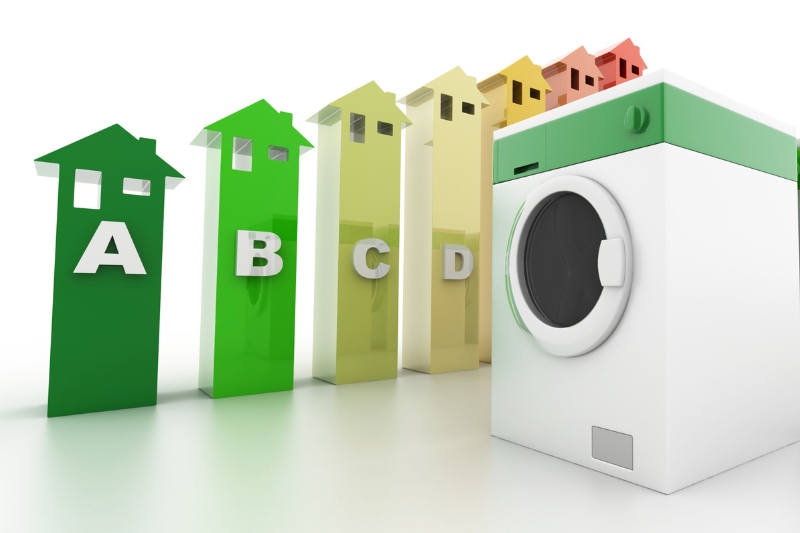
Factors that Affect Energy Ratings
Energy ratings for washing machines are based on several factors. The most important are energy consumption in kilowatt-hours (kWh) per 100 cycles, and the machine’s capacity. Capacity refers to the weight in laundry it can hold in a single wash.
We must balance these factors to understand whether one washing machine is more efficient than another.
For example, a 9 kg washing machine that consumes 110 kWh of energy is more efficient than an 8 kg appliance that consumes 100 kWh.
It comes down to the fact that the former can wash 1 kg more of laundry per load for not much more energy use.
Energy ratings factor these in for you. So, in theory, an A-rated washing machine is better than a B-rated one if you look at efficiency alone.
Is Energy Rating Enough for Choosing an Efficient Washing Machine?
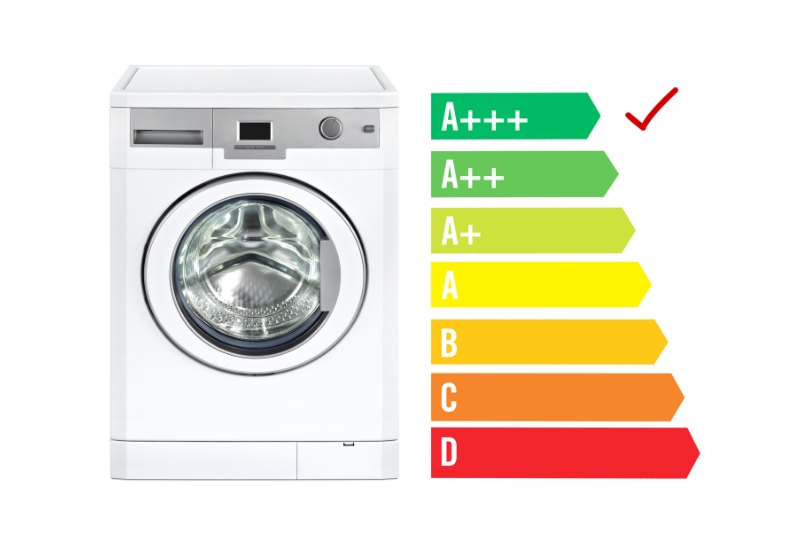
Once we really start to dig down into buying factors, it becomes evident that energy rating alone isn’t enough to determine whether you’re actually saving money.
For example, an A-rated washing machine costs £600, whereas a B-rated one costs £550. But then the A-rated machine only saves you £10 a year on your energy bills, meaning it would take five years to recoup the difference in price.
When you look at it this way, the B-rated machine is potentially the better choice.
The bottom line is that energy rating alone isn’t really enough to make a buying decision. An A-rated appliance might sound better, but it depends on how long it’ll take to make back the extra money it costs over a cheaper model. As this isn’t often something you can work out, it’s best to look at other factors.
Instead, focus on the cost of the machine, and ensure it’s at least a B energy rating. The difference between A and B energy rating washing machine isn’t much, so either will help save money against less efficient models.
Final Thoughts
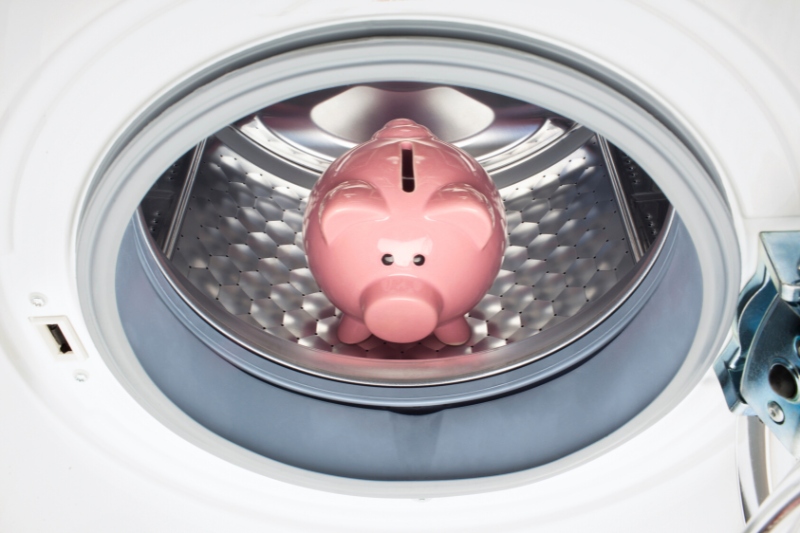
Compared to the difference between an energy rating of A and G, the difference between an A- and a B-rated machine is minimal. A-rated machines will save you money on electricity, but it could work out cheaper overall to buy a less expensive B-rated machine.

Jacob is a writer based in Wales, where he lives with his partner and two dogs. All his work is fuelled by extensive research and buckets of coffee.
